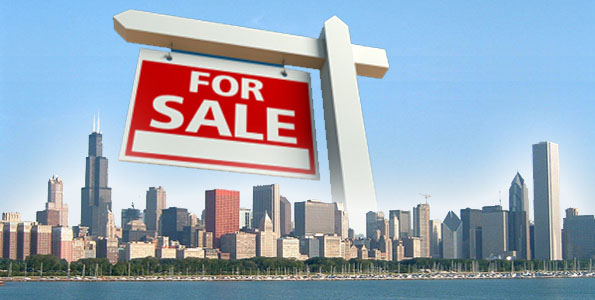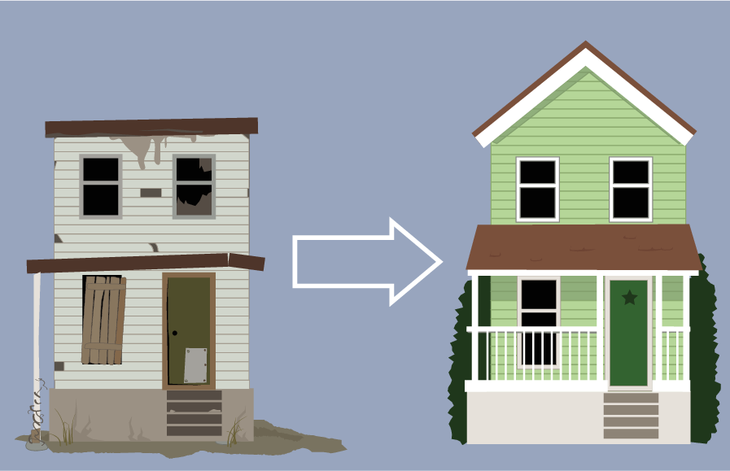Commercial hard money is similar to traditional hard money, but may sometimes be more expensive as the risk is higher on investment property or non-owner occupied properties.
Commercial hard money loans may not be subject to the same consumer loan safeguards as a residential mortgage may be in the state the mortgage is issued. Hard money loans are often short term and therefore interchangeably referred to as bridge loans or bridge financing.
A commercial hard money or bridge lender will usually be a strong financial institution that has large deposit reserves and the ability to make a discretionary decision on a non-conforming loan. If the property is not bought back by purchase or sold within the time period the commercial hard money lender may keep the property at the agreed to price. Traditional commercial hard money loan programs are very high risk and have a higher than average default rate. If the property owner defaults on the commercial hard money loan, they may lose the property to foreclosure.
The property owner may have to sell the property in order to satisfy the lien from the commercial hard money lender, and to protect the remaining equity on the property. Commercial hard loans are issued to a business entity or individual signing on behalf of a business entity or corporation. These commercial hard money lenders all have varying degrees of benefits as well as downfalls in terms of choosing a commercial hard money loan lender. Working with a commercial hard money lender from the area means that from the very first meeting, the investor and the borrower can talk about assets and liabilities regarding the property itself. The discussion about commercial hard money lender practices brings up an extremely salient point.







Leave A Comment